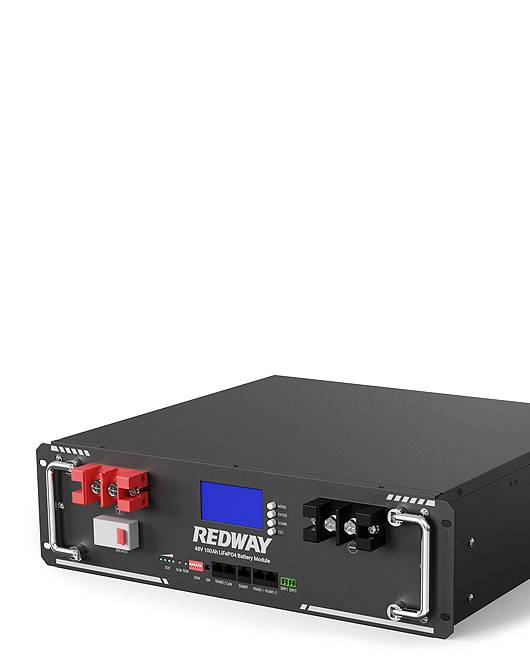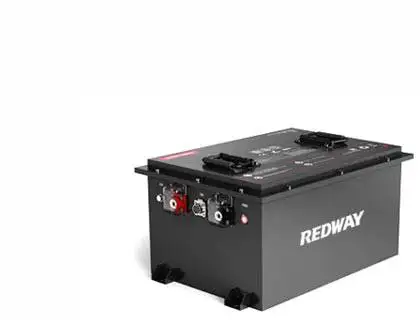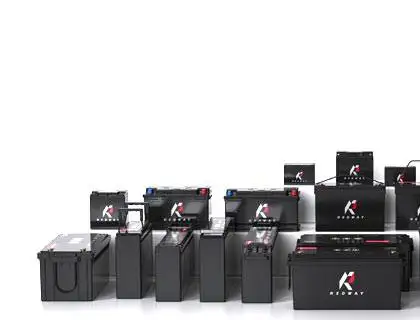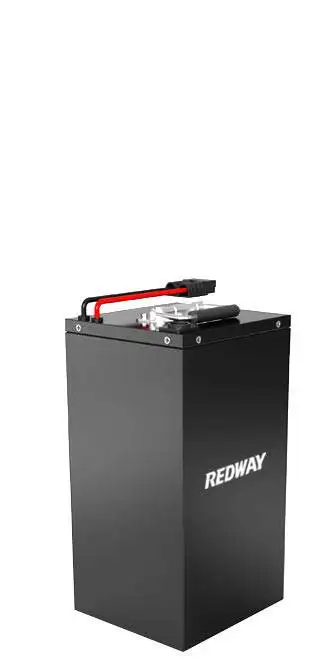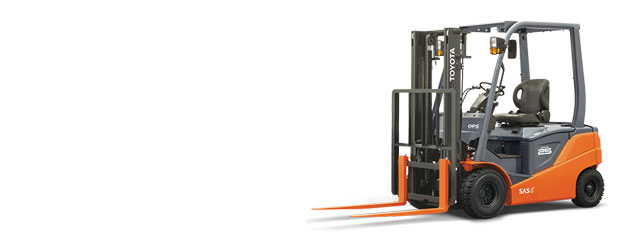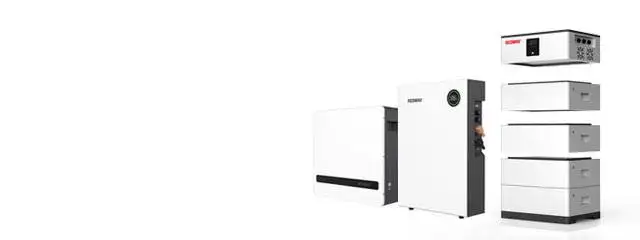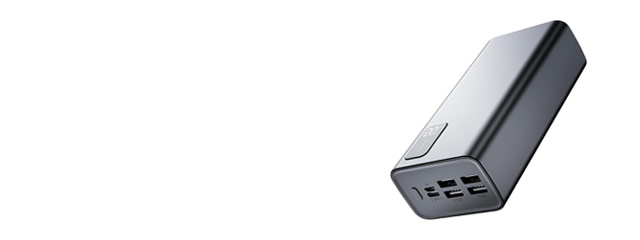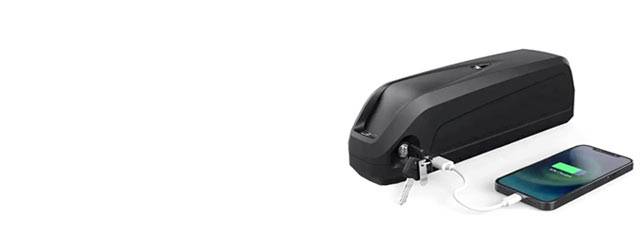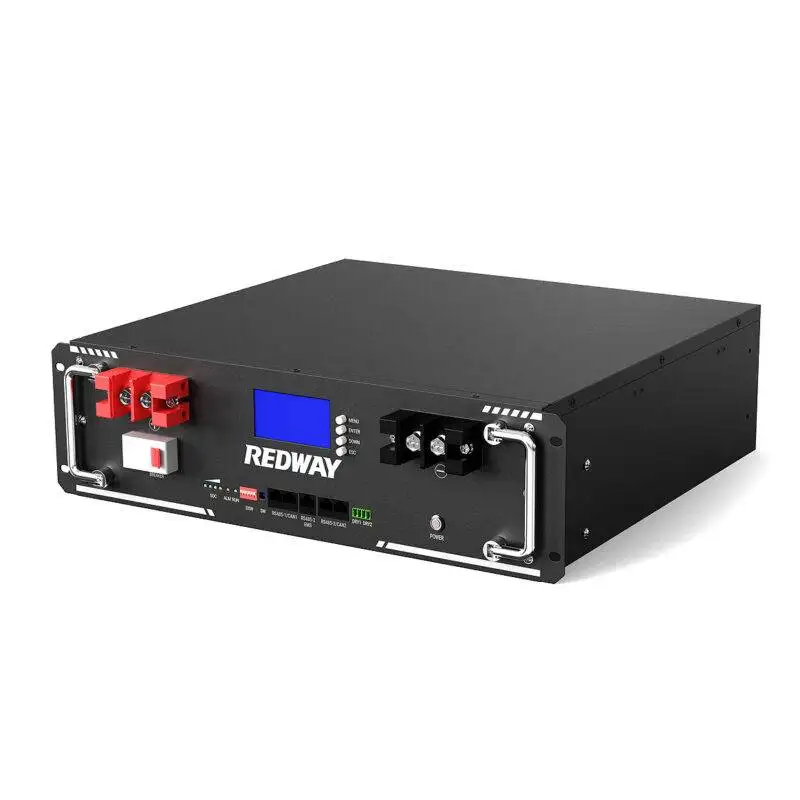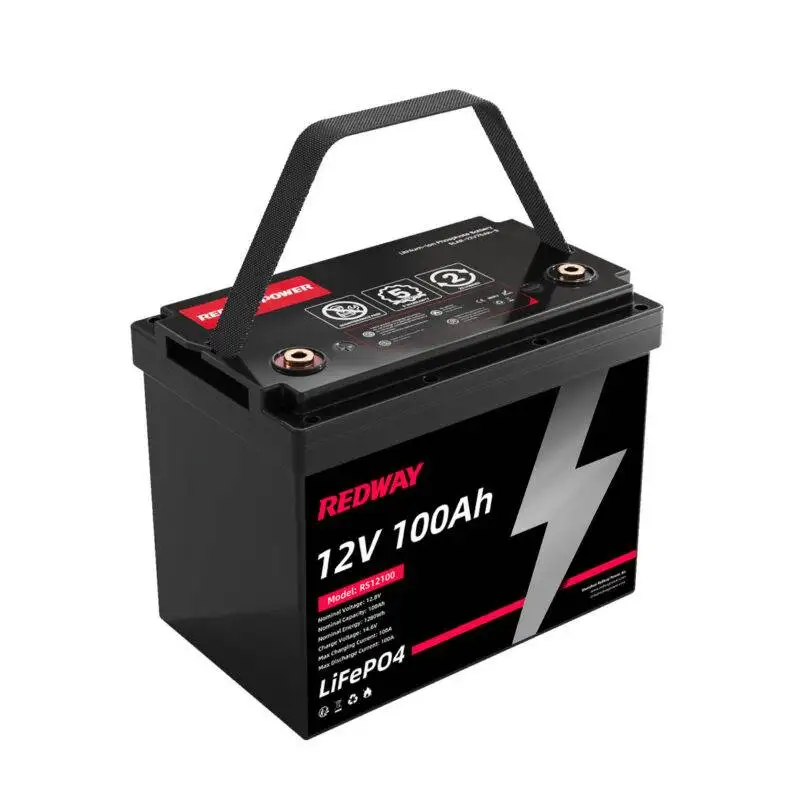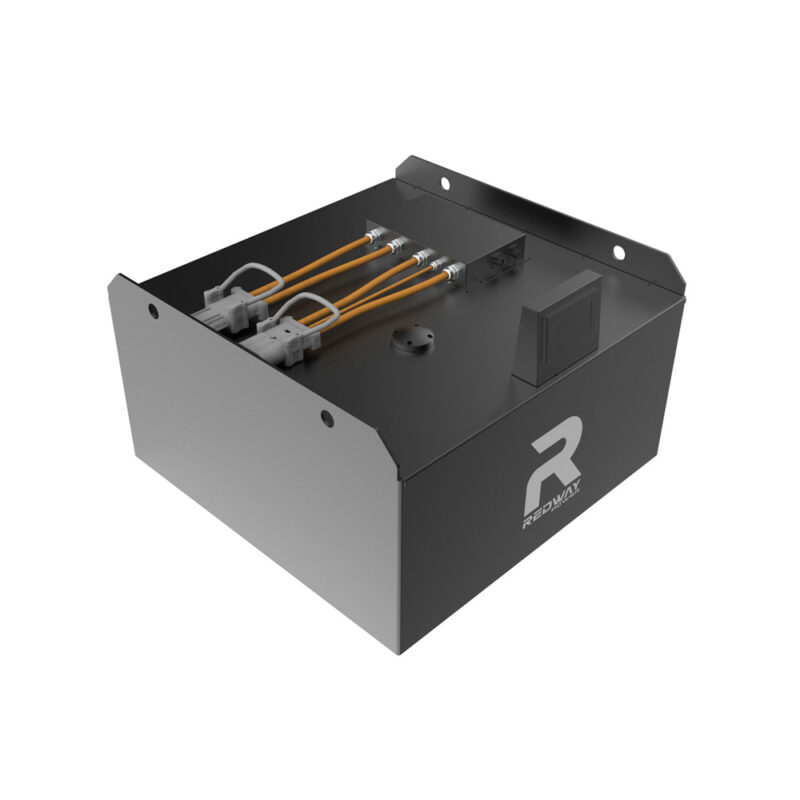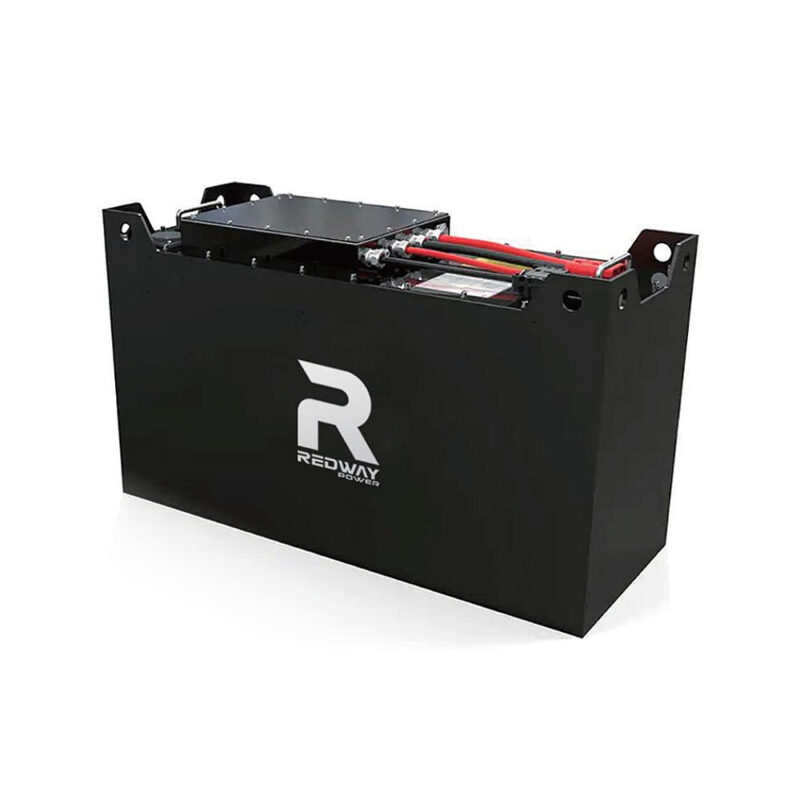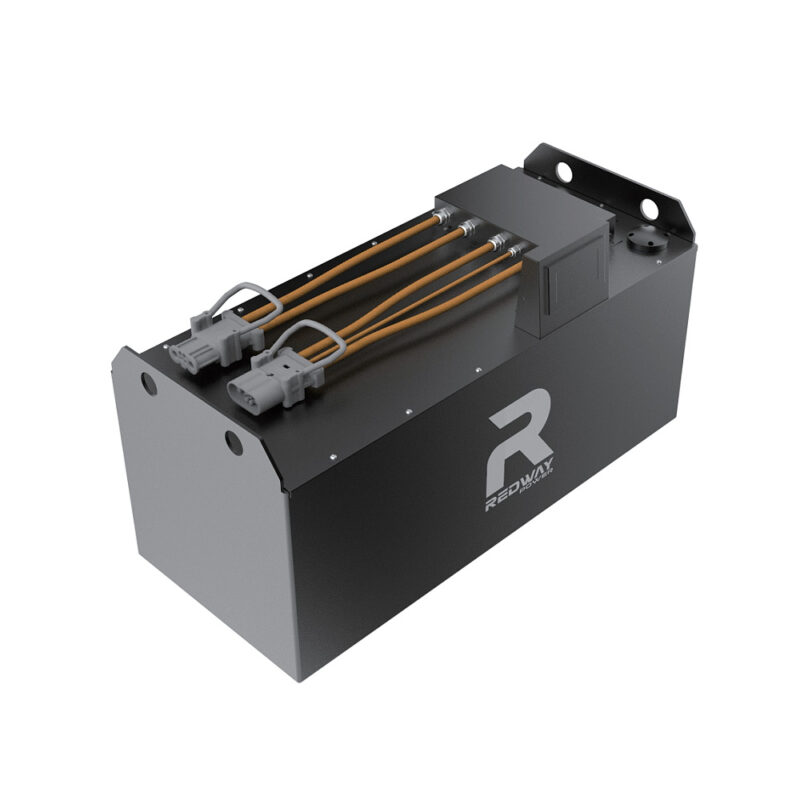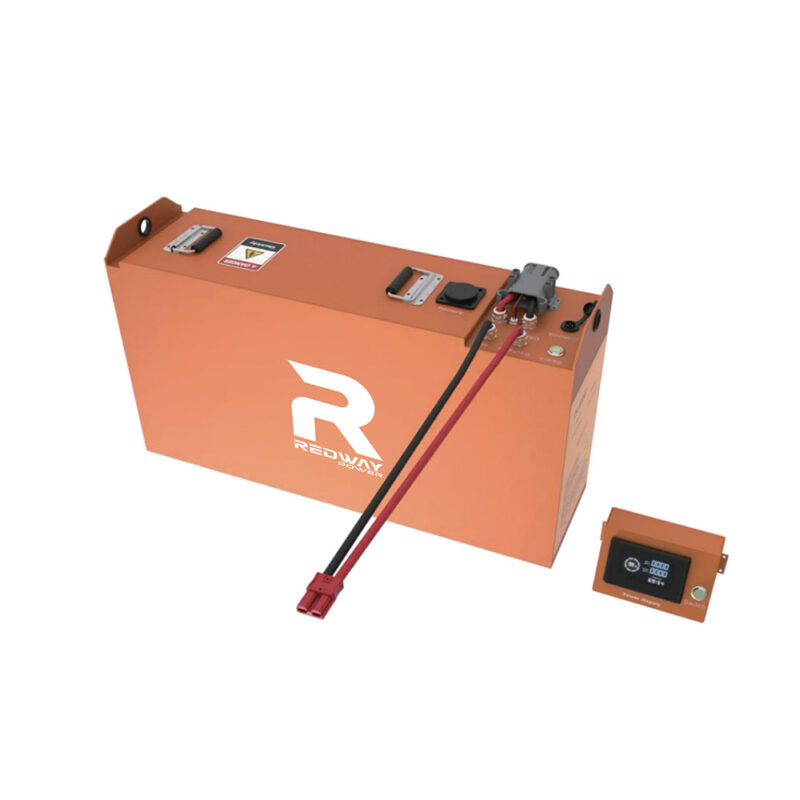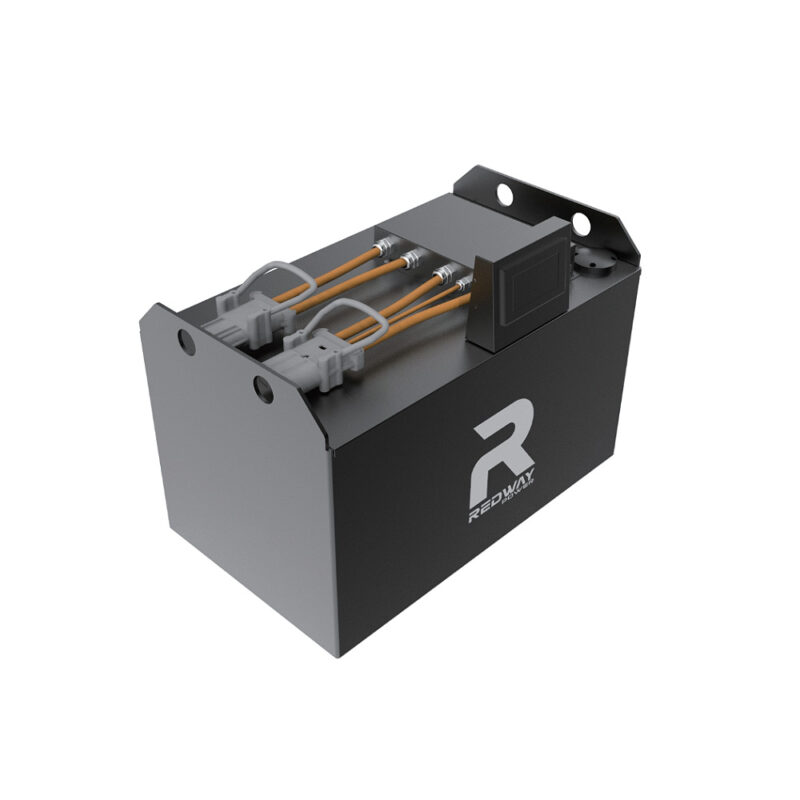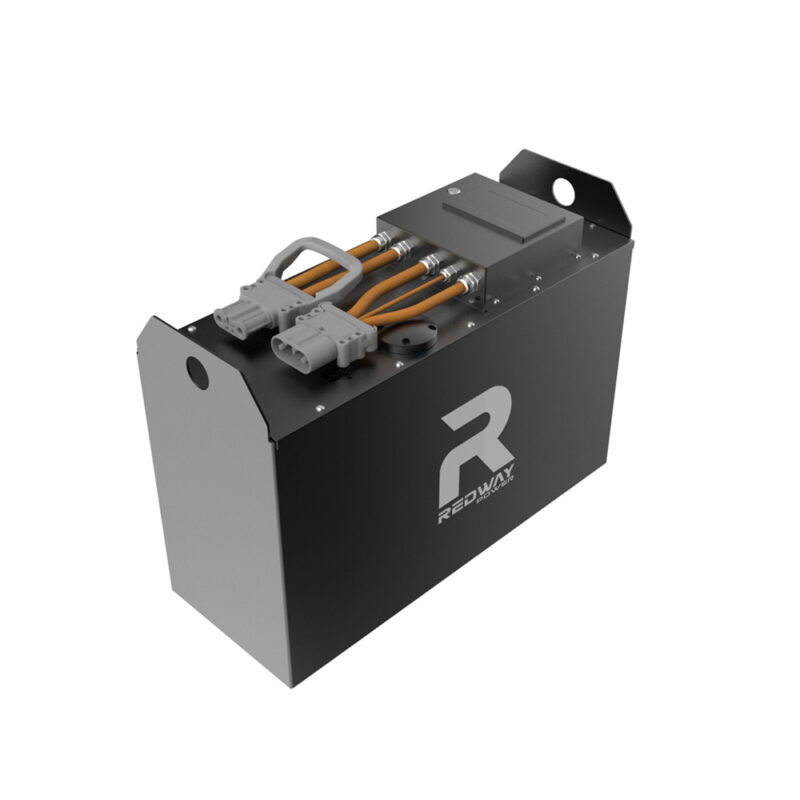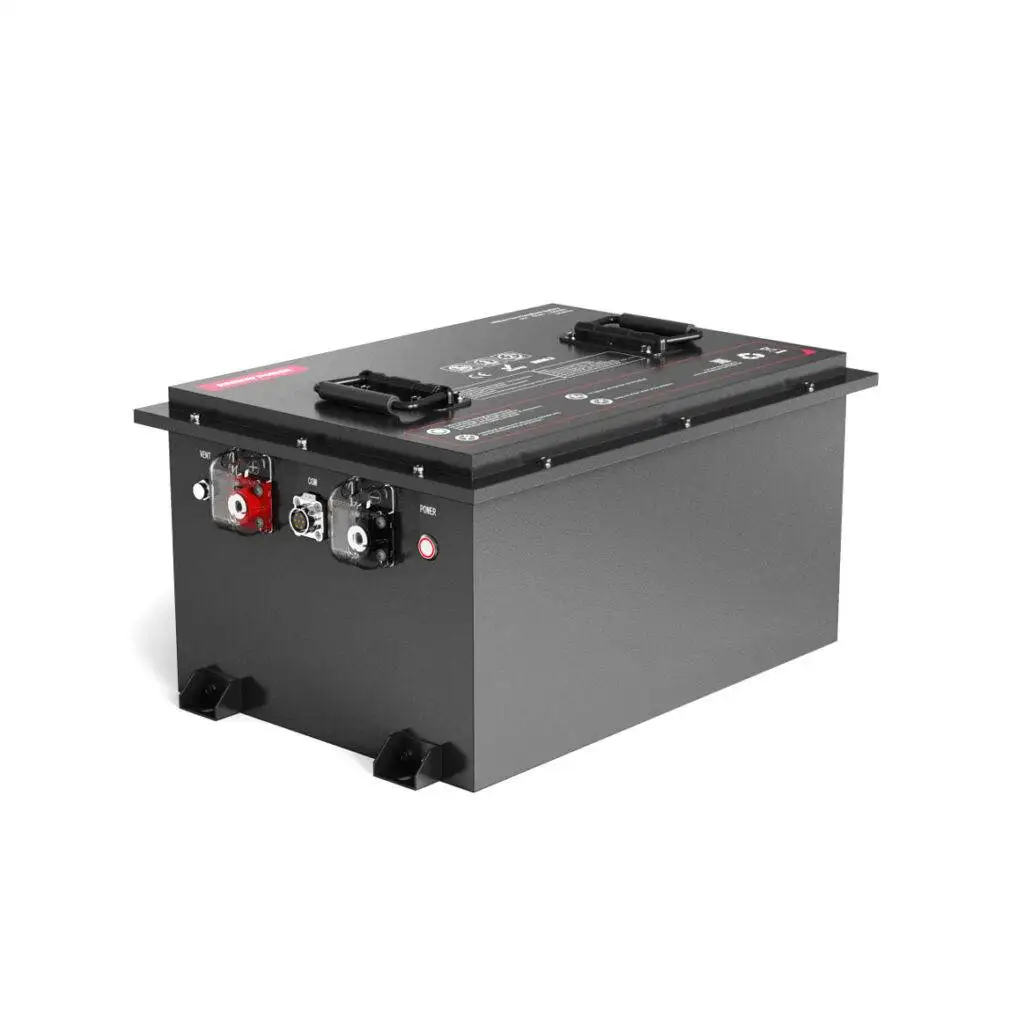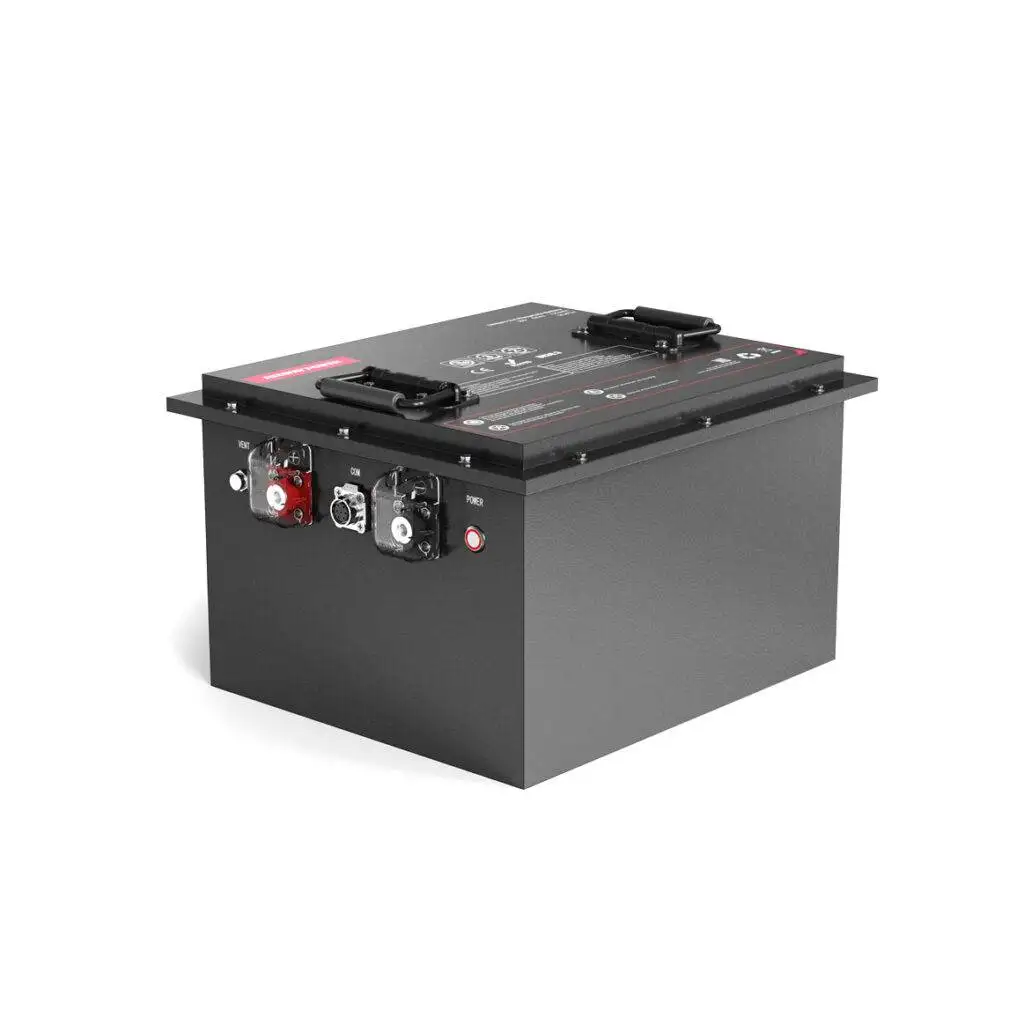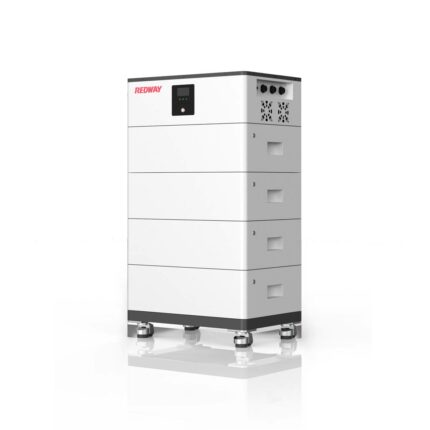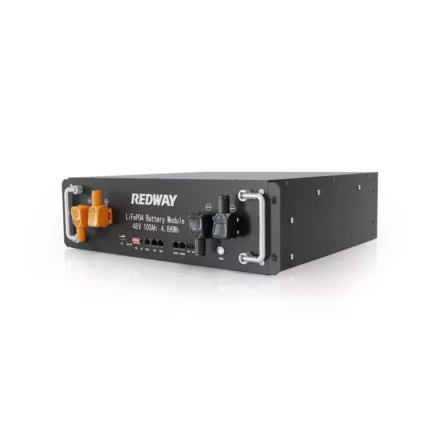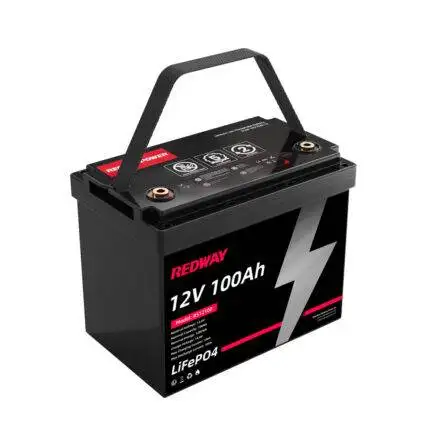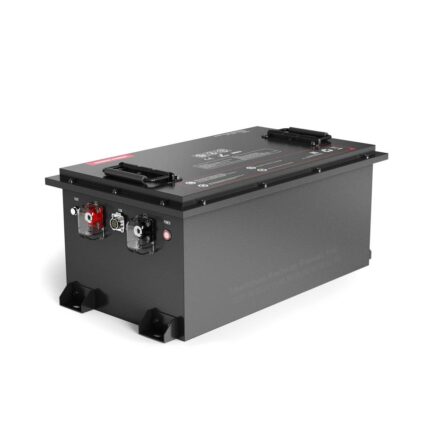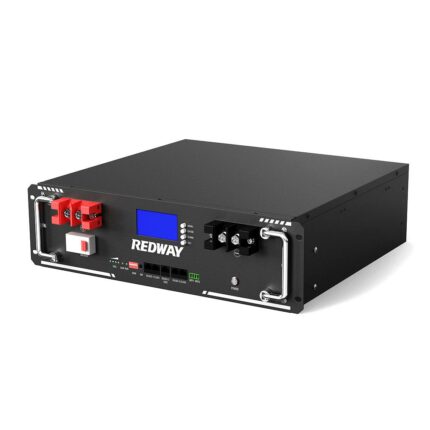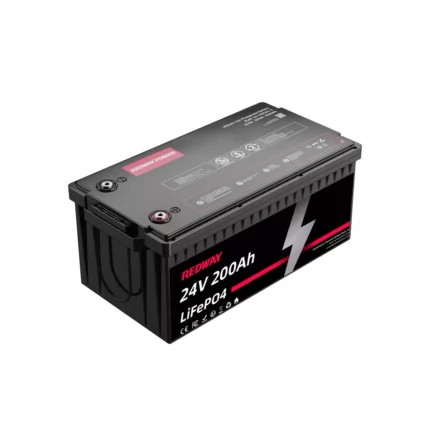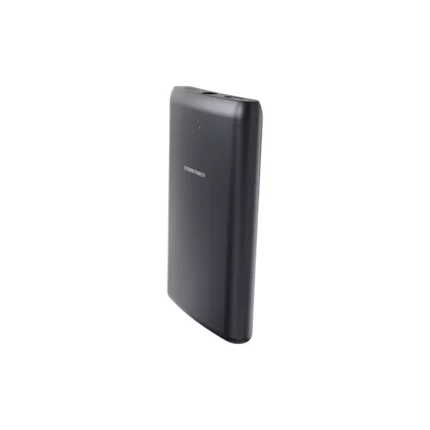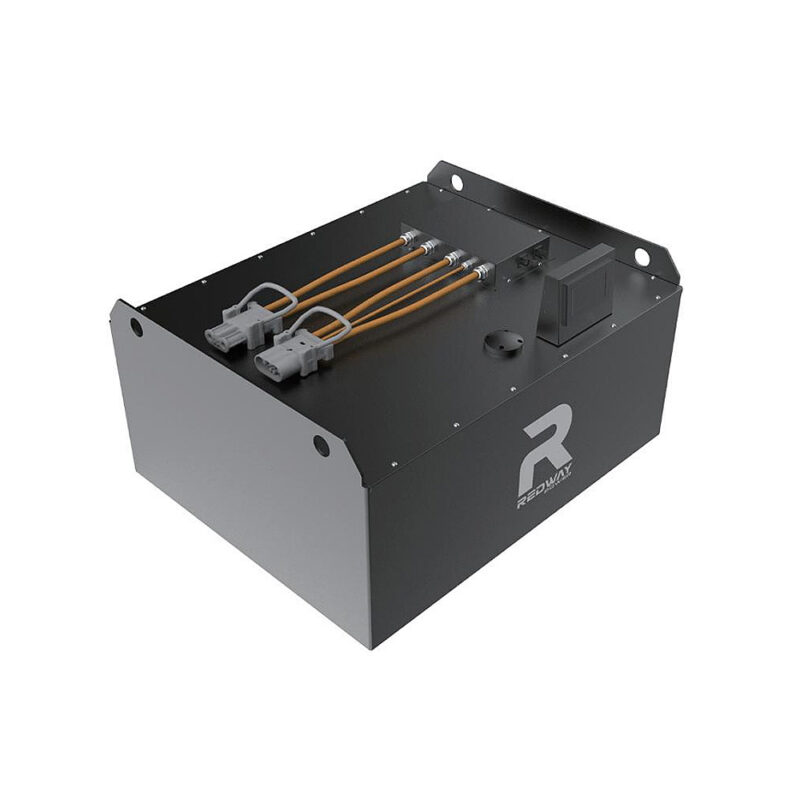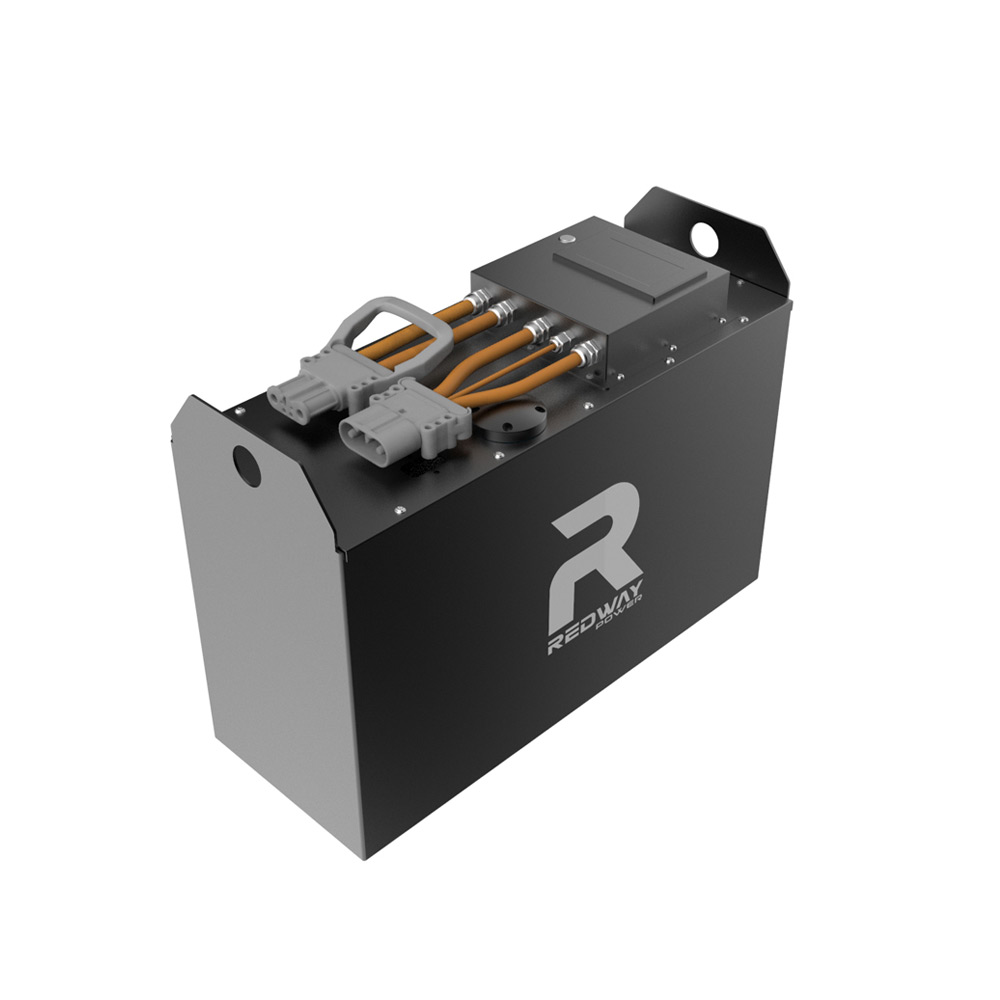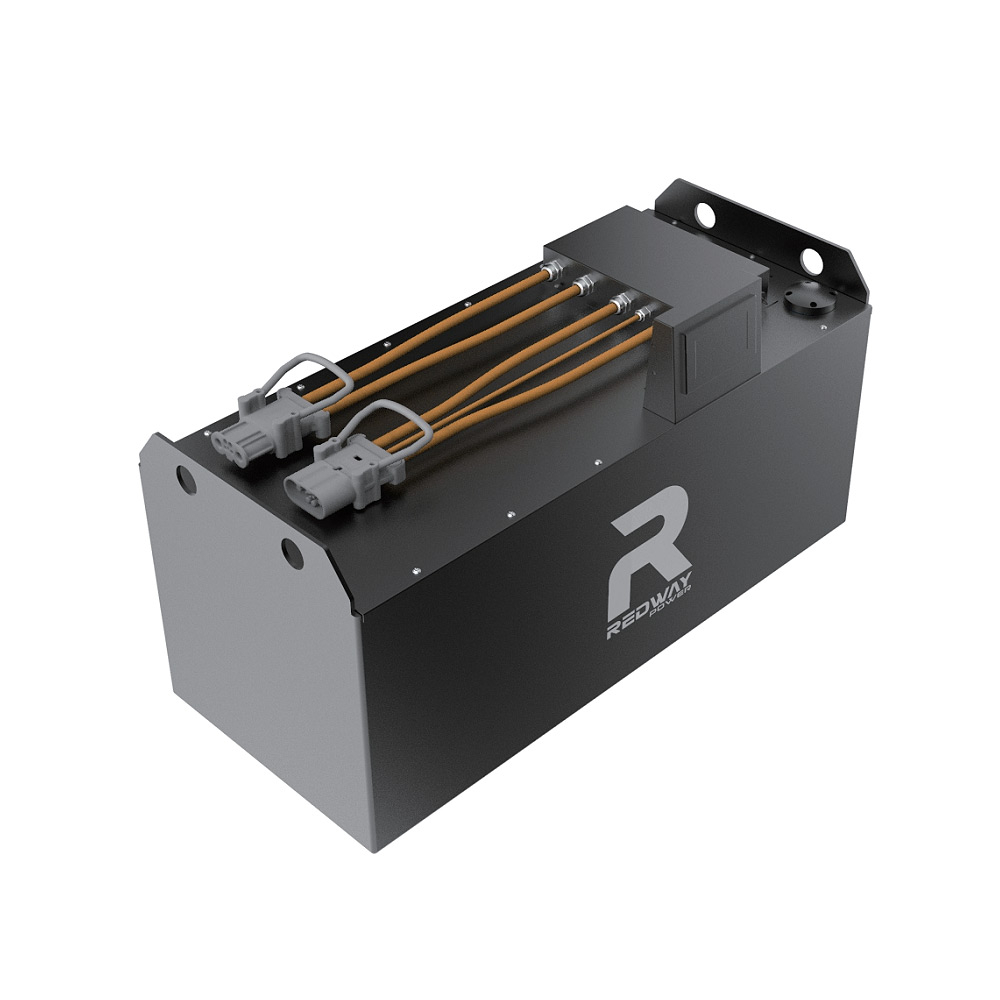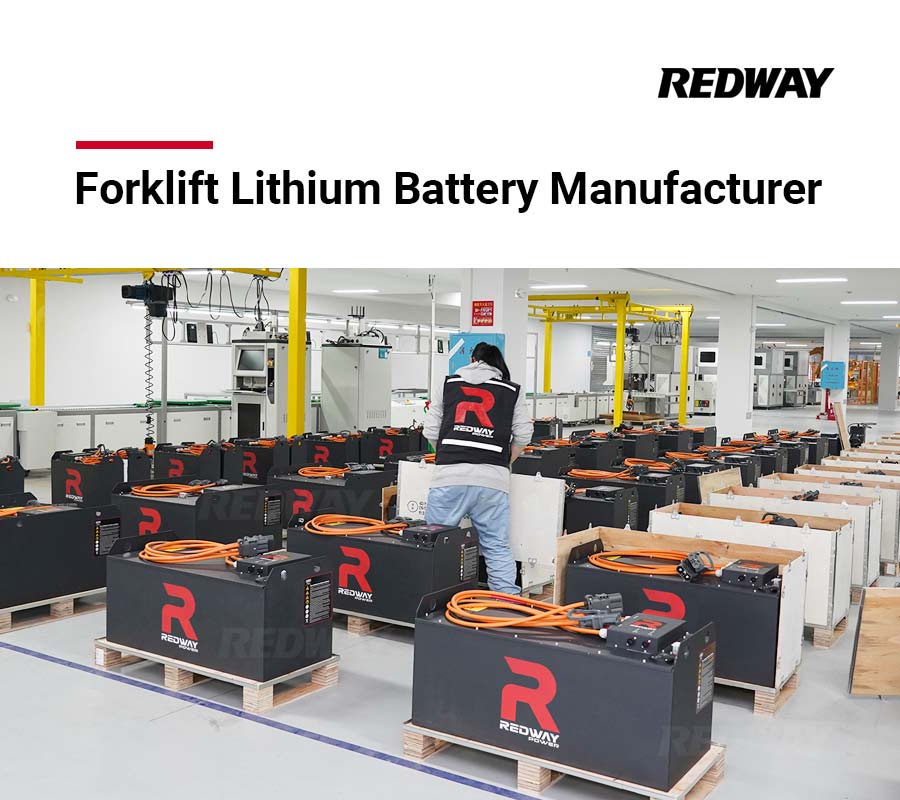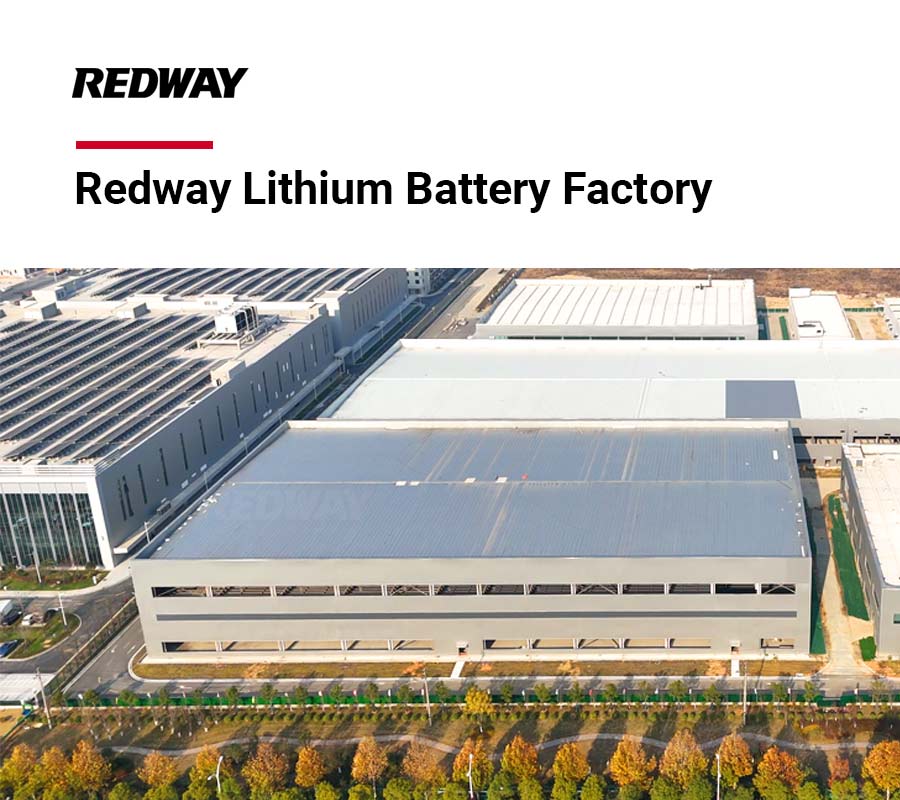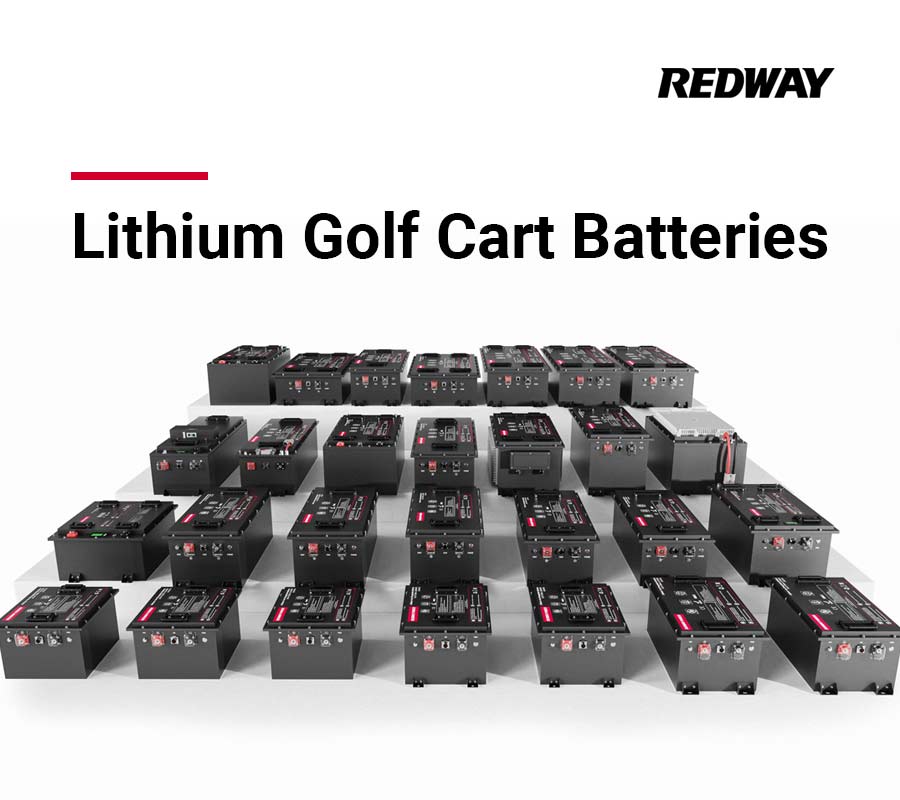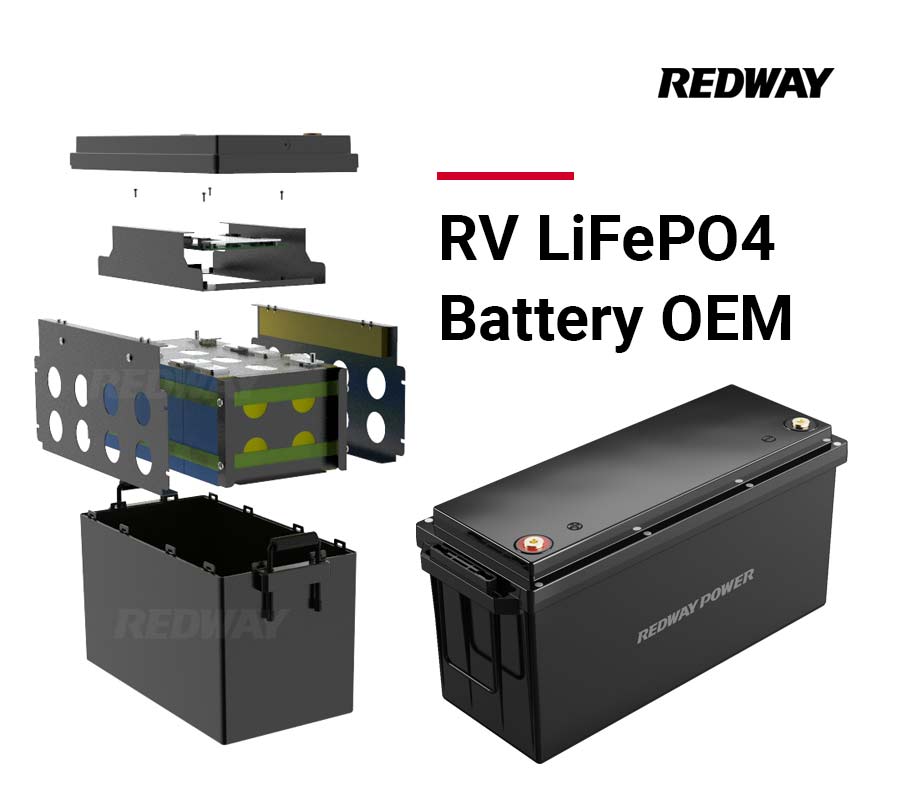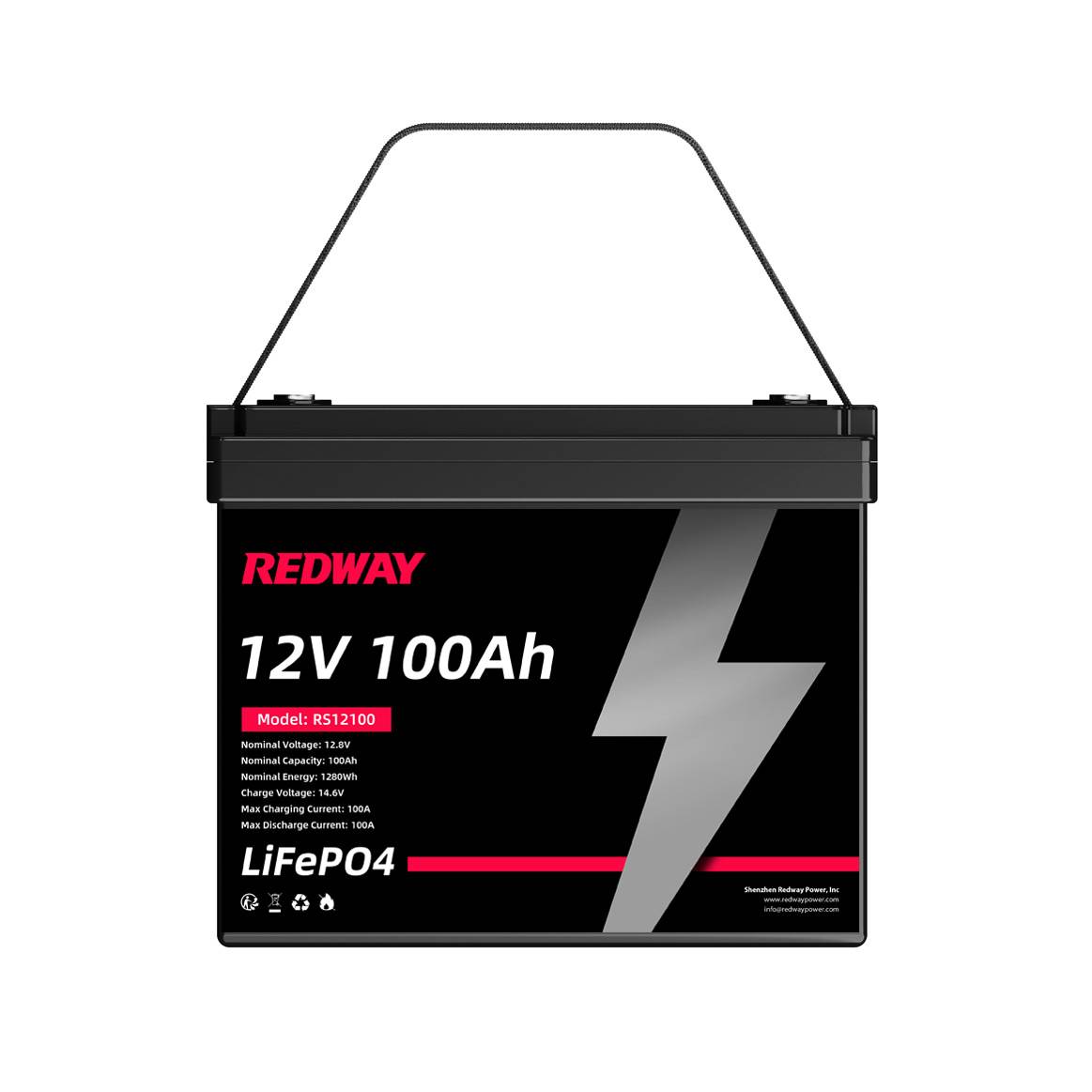Hot Products
These are the most popular models of lithium battery products from our factory.
Redway Battery
Leading Lithium Ion Battery Manufacturer
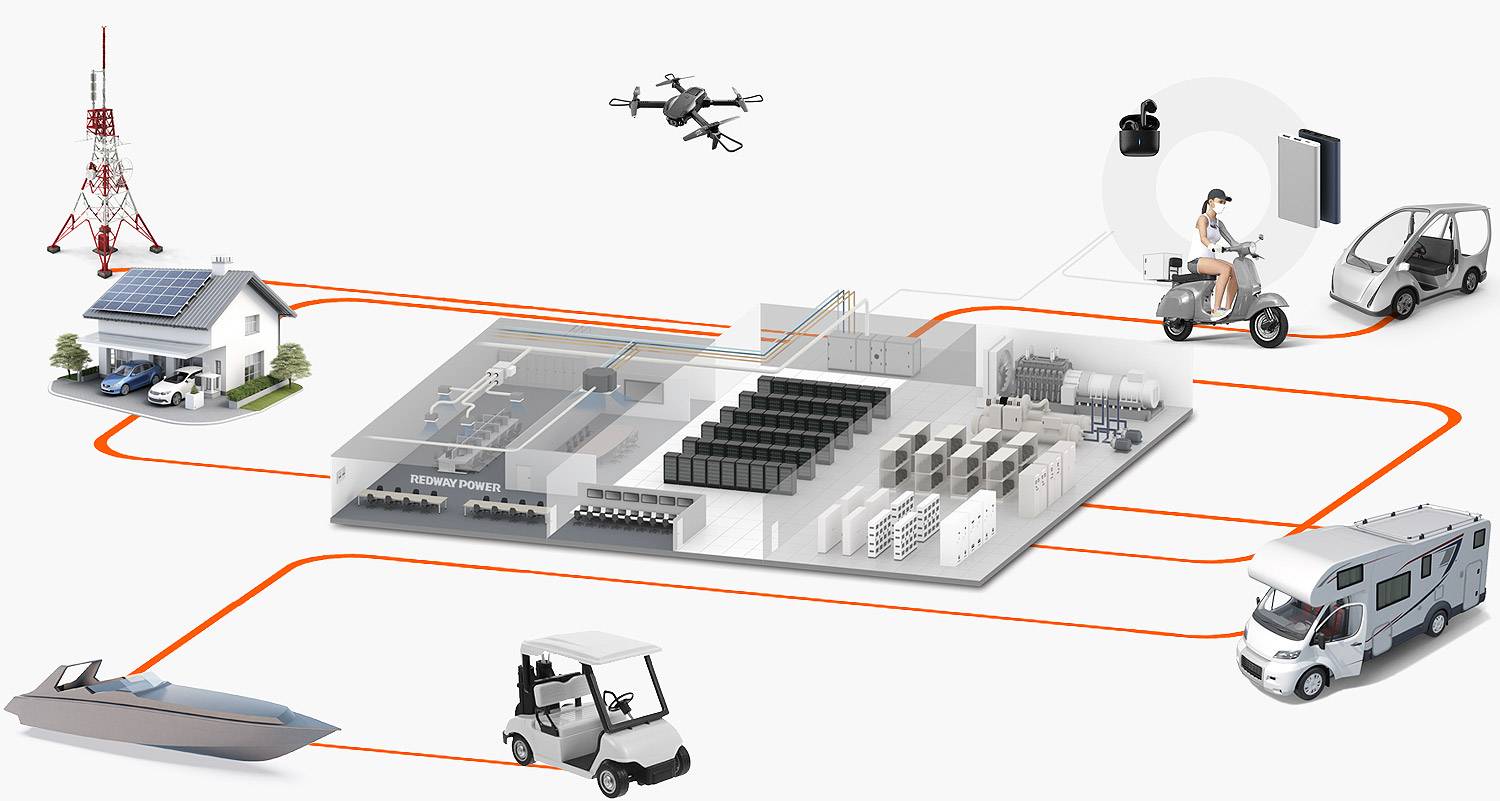
51.2V All-in-One Home-ESS System PowerAll (5kWh/10kWh/16kWh/21kWh/26kWh/32kWh)
48V 100Ah Server Rack Battery PRO
12V 100Ah Lithium Battery (LiFePO4, Self-heating, OEM)
48V 100Ah LiFePO4 Golf Cart Battery (S51105P)
72V 50Ah Lithium Golf Cart Battery
48V 100Ah Server Rack Battery
24V 200Ah Lithium Battery
Power Bank
Related Products
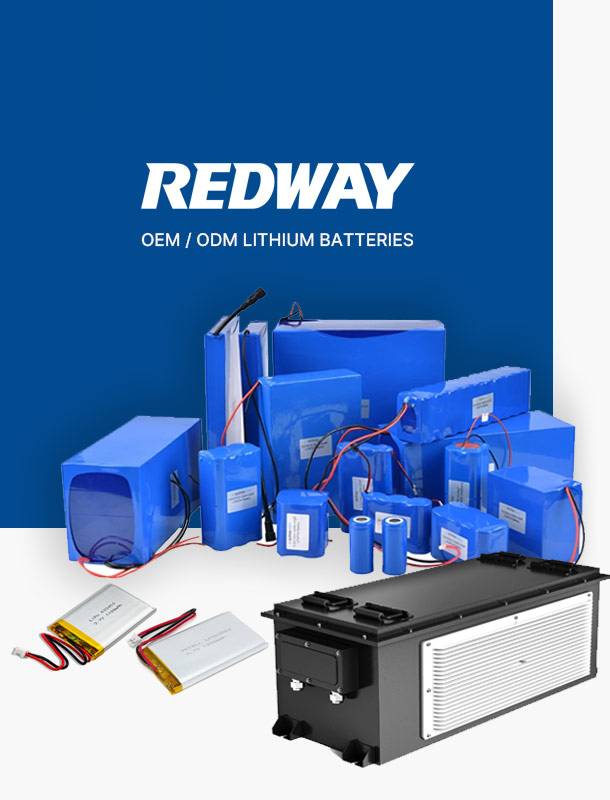
🏆 Redway Battery: Trusted by Industries Worldwide
With over 12 years of expertise in lithium battery technology, Redway Battery has earned the trust of global clients across diverse sectors.
🌍 Global Reach
Serving customers in North America, Europe, Asia, and beyond with fast delivery and reliable supply chains.🏭 OEM & ODM Capabilities
Redway specializes in custom lithium battery packs and high-voltage systems for B2B applications, tailored to your specific requirements.🧪 Advanced R&D and Engineering
Backed by a professional technical team and cutting-edge facilities, we ensure every product meets top-tier industry standards.💼 Industries We Serve
Energy Storage Systems (ESS)
EVs and E-Mobility Solutions
Telecom & Data Centers
Industrial Forklifts
Marine & RV Applications
🤝 Your Reliable Battery Partner
We don't just deliver batteries—we deliver performance, stability, and long-term value.
🔋 Partner with Redway and power your business into the future.


